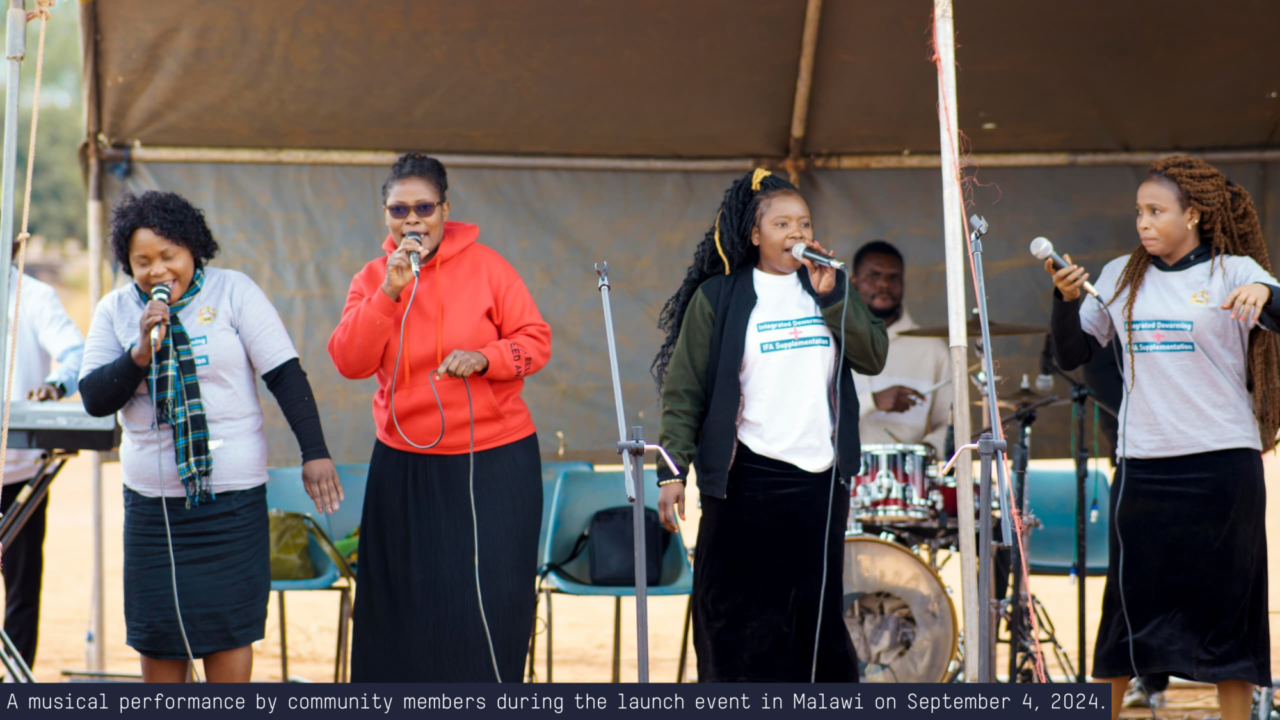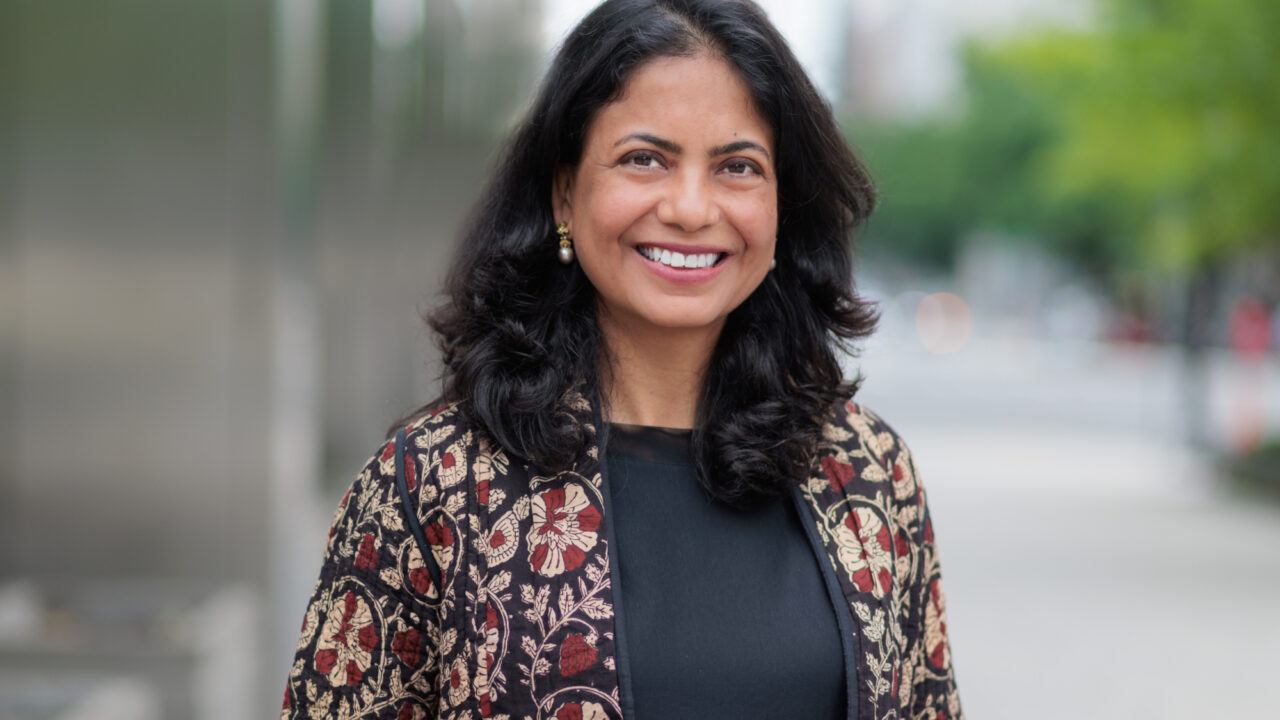2019’s Greatest Hits
2019 was a tremendous year not just for us, but for the field of evidence-based international development. Here are our top highlights from 2019 – along with some tough choices we made during the year.
- Our 5-year strategy: We launched a bold new strategy, which charts the course for doubling our impact by 2024. To help achieve our vision, we simultaneously launched our Accelerator, which replaces our Beta Incubator, to drive rapid new program development. Read more here.
- Sustained safe water access for millions: We maintained a network of 27,960 dispensers across Kenya, Uganda, and Malawi, providing safe water access to over 4 million people. As a result, we prevented over 450,000 cases of diarrhea and saved the lives of an estimated 373 children under the age of five.
- Contributing to climate change management: Dispensers for Safe Water averts greenhouse gas emissions by giving rural households, who might otherwise boil their water to treat it, an environmentally-friendly water treatment approach. Under the Kyoto Protocol, this aversion of emissions can be quantified, validated, and sold as “carbon credits” to countries that need help meeting their emission reduction targets. In 2019, the United Nations Framework Convention on Climate Change approved our largest consignment of carbon credits to date, generating roughly $1.2 million in revenue and helping us provide safe water access to approximately 800,000 people.
- Deworming the World: In 2019, we supported the treatment of over 270 million children across four countries for parasitic worm infections. Notably, we worked with the government of Pakistan to launch their first-ever deworming initiative, which will be further scaled this year. We undertook impact assessments in India to understand how National Deworming Day has reduced parasitic worm infections, expecting to share final results later this year. Finally, after several successful years, our partnership in Vietnam came to an end with the government adopting evidence-based treatment strategies for future deworming – a move we welcome and applaud!
- Progress towards future impact: Our Accelerator pursued two promising opportunities to improve mother and child health at scale. In India, we expanded our work with the government to refine and scale their iron and folic acid supplementation program, which aims at tackling anemia in youth. We also began identifying countries that we can work with to scale the screening for and treatment of maternal syphilis, to reduce child mortality rates.
- The Nobel for a movement: The Nobel Prize in Economics was awarded to Harvard professor Michael Kremer and MIT professors Abhijit Banerjee and Esther Duflo, whose research has a tremendous bearing on our work – including inspiring the launch of both our Deworm the World Initiative, which was founded by Kremer and Duflo themselves, and Dispensers for Safe Water. Learn more here or check out this reflection, a collaboration between our Senior Director, Africa and leadership from partner organizations Innovations for Poverty Action and Precision Agriculture for Development, on what the Nobel Prize means to them – and for Africa.
- A chlorine dispenser in Sweden: In December, Nobel Laureate Michael Kremer contributed an Evidence Action chlorine dispenser to the Nobel Museum in Stockholm, where it will remain on permanent display! There are currently over 27,000 of these dispensers installed in rural Africa, providing safe water access to roughly 4 million people.
- Recognition by charity evaluators: Our programs were recognized by GiveWell, ImpactMatters, and The Life You Can Save as some of the most cost-effective in the world! Leading moral philosopher Peter Singer also mentions Evidence Action several times in the most recent edition of his best-selling book (currently available for download as a free, celebrity narrated, audiobook).
Tough choices
Though difficult, we believe the following decisions enable us to focus more strategically on cost-effective opportunities with strong potential for rapid scale-up.
- Hibernating Winning Start: We decided to hibernate Winning Start, an evidence-based literacy and numeracy pilot program, following several months of difficulties experienced in accessing government funding for the program. Read more here.
- Terminating No Lean Season: In June, we terminated No Lean Season following disappointing evidence on program performance in 2017 and the termination of our relationship with our local implementing partner. We shared more about this decision in this blog post, including the implications for funding received for the program.



